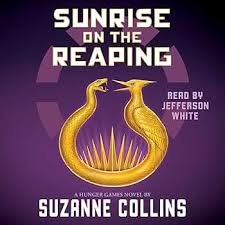Stella Rimington: From MI5 to Literary Fame
Introduction
Stella Rimington is a name that resonates with both literary enthusiasts and those interested in the intricate world of espionage. As the first female director of MI5, the UK’s domestic intelligence service, and a bestselling author, Rimington has successfully merged her experiences in intelligence with her passion for writing. Her journey is not only fascinating but serves as an important narrative on the changing roles of women in both security and literature.
Early Life and Career
Born on 1st May 1939 in South London, Stella Rimington pursued a career in the realm of intelligence after attending the University of Edinburgh. Rimington joined MI5 in 1968, where she quickly rose through the ranks, eventually becoming the director-general from 1992 to 1996. Her tenure marked a significant transformation within the agency, emphasising a more modern approach to counter-terrorism and threat assessments during a time of shifting geopolitical landscapes.
Transition to Writing
After retiring from MI5, Rimington ventured into the literary world, where she found remarkable success. Her debut novel, At Risk, released in 2001, introduced readers to the world of espionage through the eyes of Liz Carlyle, a character that many see as a reflection of Rimington’s own experiences. The novel was well received, and she continued to build upon this success with more titles, including Secret Asset and Dead Line. Her works have been praised for their authenticity, as Rimington brings a unique perspective that combines an insider’s knowledge of intelligence operations with engaging storytelling.
Recent Developments
This year, Stella Rimington announced plans to release a new book that further explores the intersections of espionage and contemporary issues, including cyber terrorism and international diplomacy. Rimington’s ability to remain relevant in her writing is a testament to her keen awareness of global trends and her understanding of the evolving nature of threats in the modern world.
Conclusion
Stella Rimington’s contributions extend beyond her literary works—she embodies the changing landscape for women in both government and literature. As she continues to write and inspire through her compelling narratives, it’s clear that Rimington’s legacy will influence many future writers and readers. Her unique blend of real-world experience and storytelling not only entertains but also educates, providing insight into the complexities of security in an ever-changing world. Readers can look forward to her upcoming publication, which promises to captivate and challenge their perspectives on the nature of espionage today.









